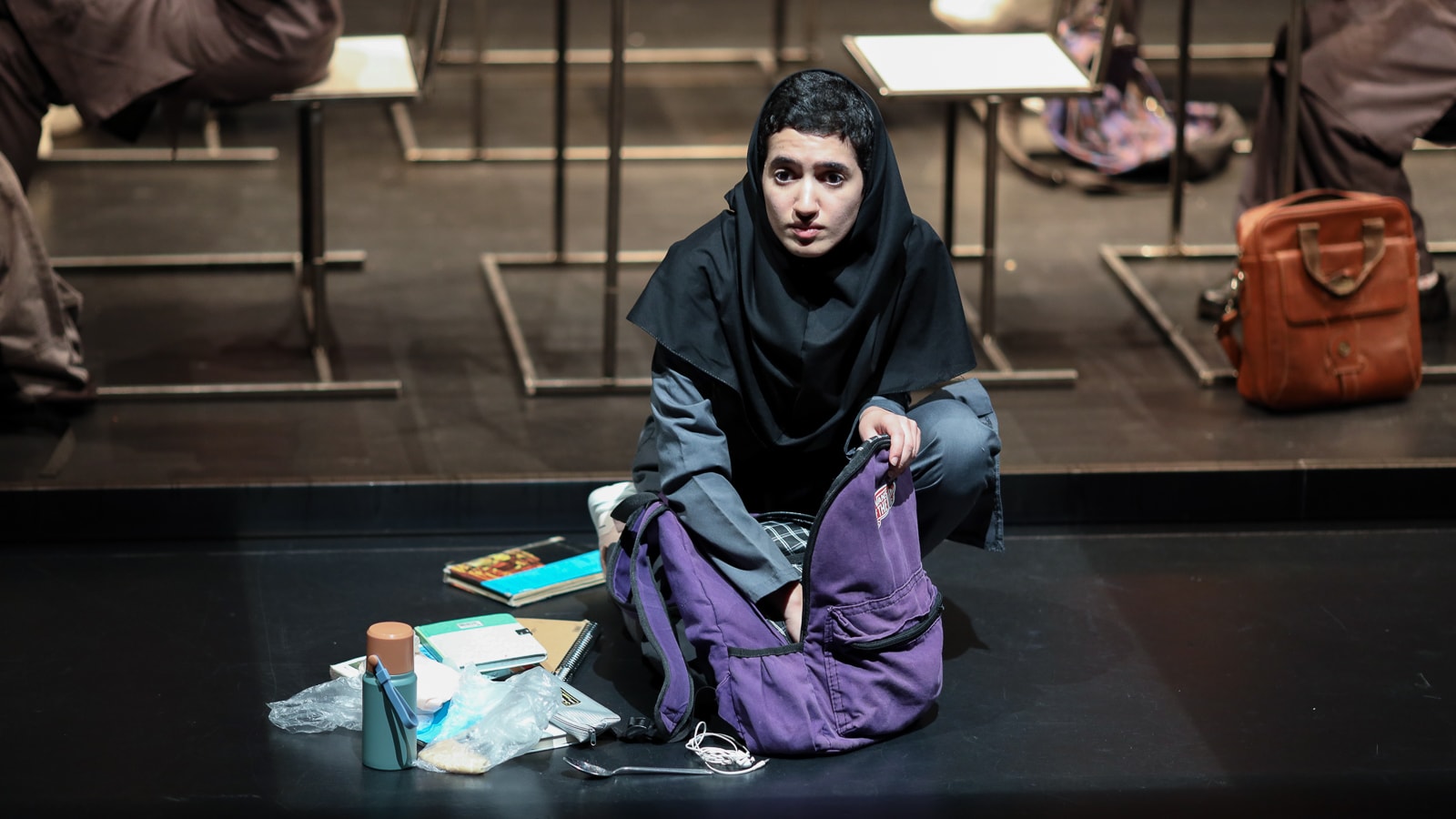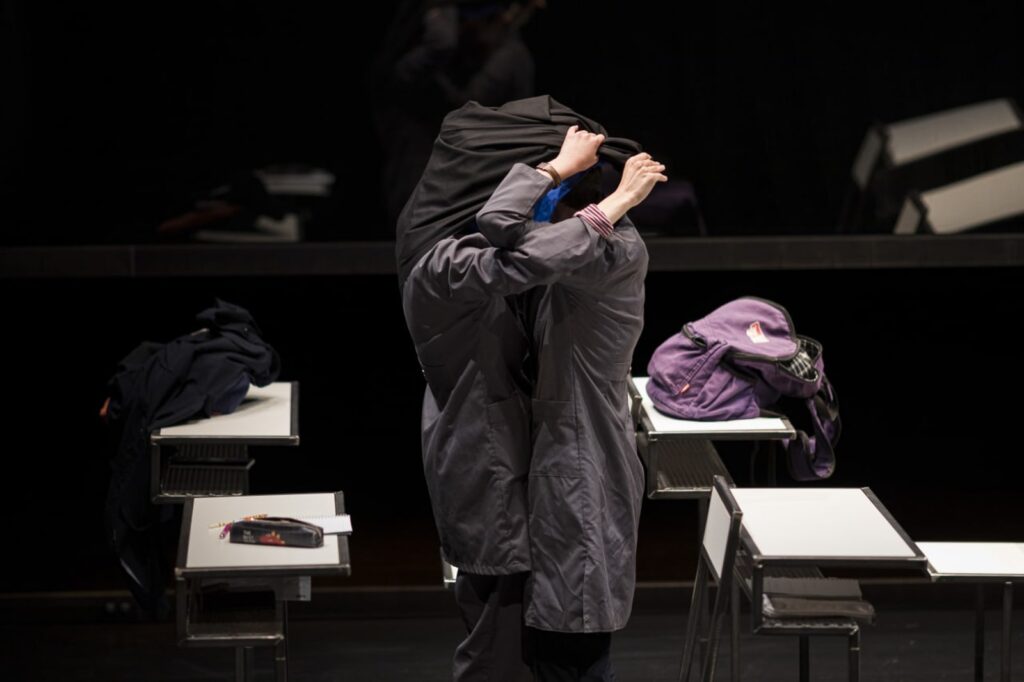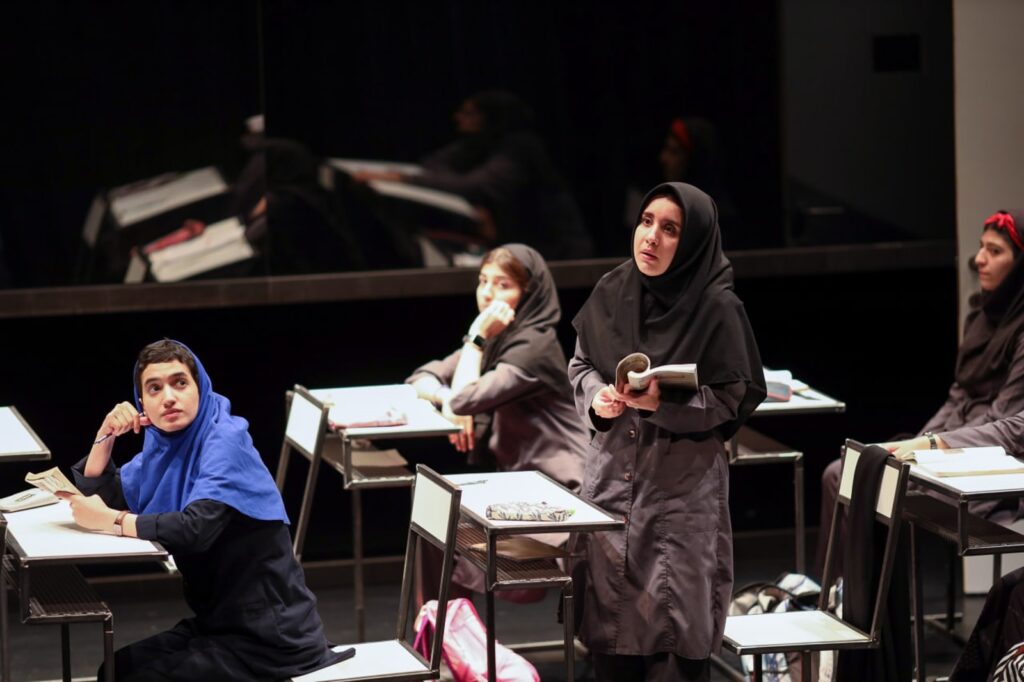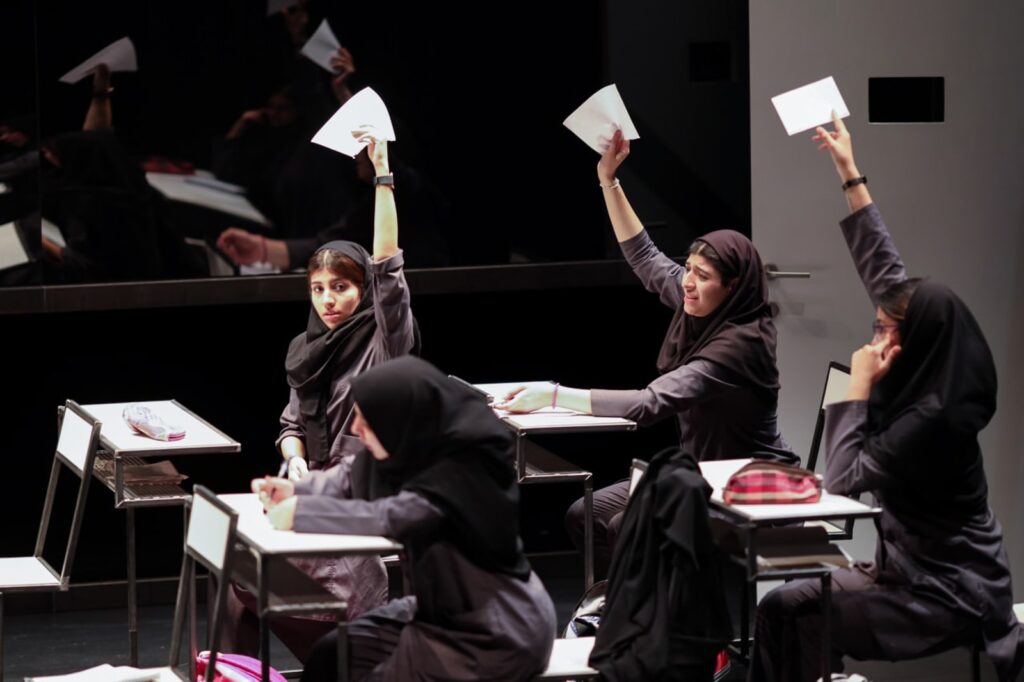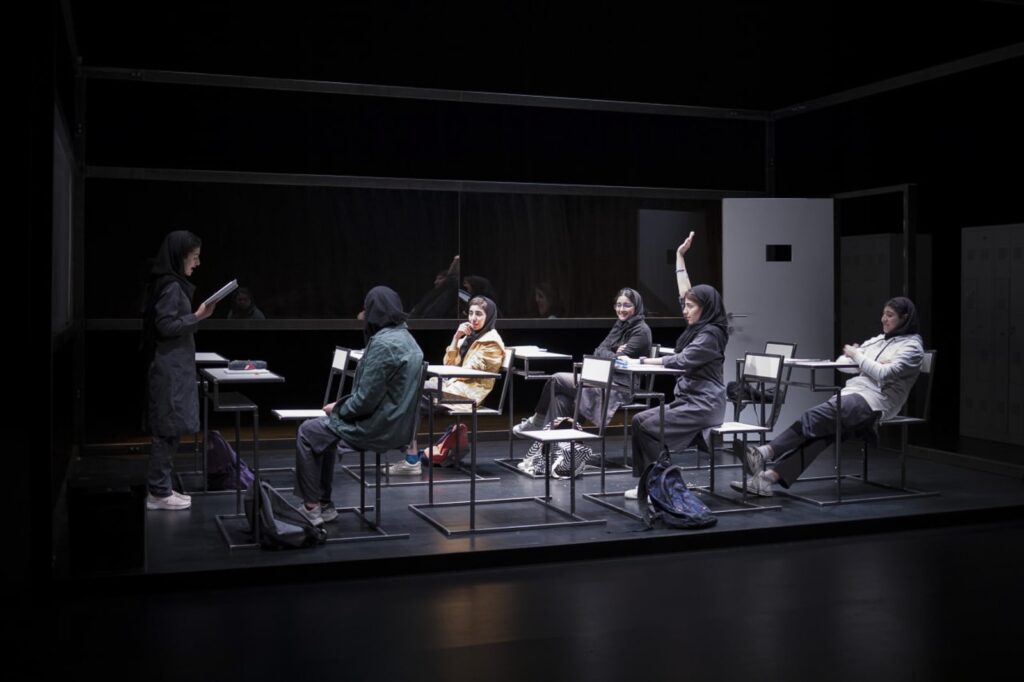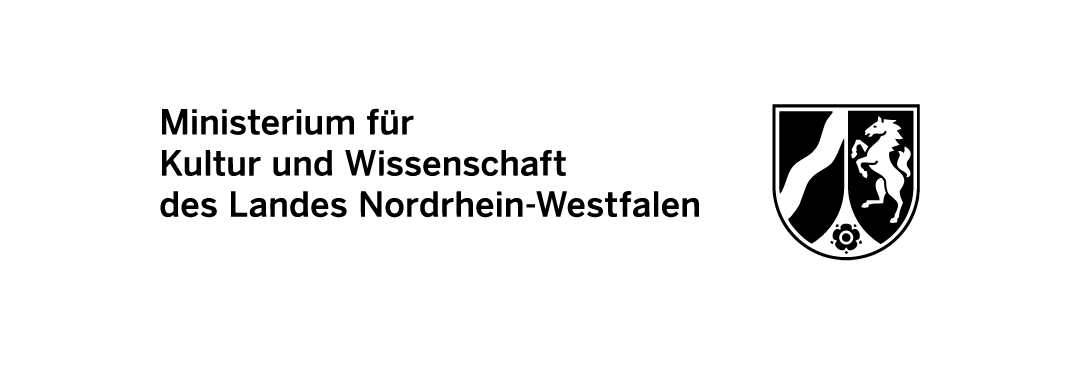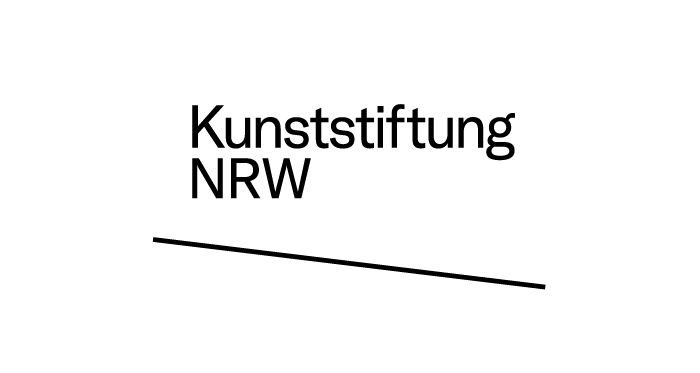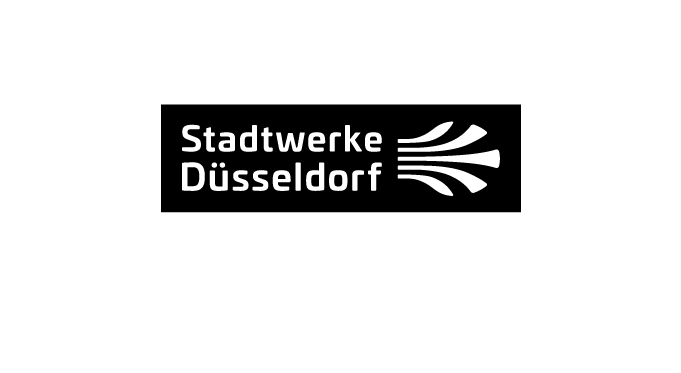“A small,
overwhelming
play”
(Frankfurter Rundschau)
The young Iranian author, actress and director Parnia Shams wrote and directed “است (Ist)” five years ago together with drama students from Sooreh University in Tehran, who contributed their personal experiences to the development of the play. The production is set in the classroom of a private girls’ school in Tehran. After her parents separated, 16-year-old Mahoor moved from the provinces to the capital and joined the class in the middle of the school year. The new pupil makes friends with the top girl in the class. But their intimate relationship soon comes under immense pressure. Her classmates react with mistrust, intrigue and bullying, and the teachers begin to suspect that something inappropriate or sexual might be going on between the two. How do the two young women deal with this test of endurance?
The production has already been invited to numerous renowned European festivals. In Tehran itself, “است (Ist)” won the four most important awards at the International University Theatre Festival in 2019. However, given the current political situation in the country, it is questionable whether the play will ever be shown there again.
Throughout the entire production, which is extremely subtle and nuanced, only the students can be seen and heard. What the school management or the teachers say and do remains invisible and can only be inferred from the girls’ answers and reactions. The precise depiction of everyday school life makes the feeling of control in a surveillance state tangible. “‘Ist’ by Parnia Shams shows very casually, precisely and vividly how the Iranian dictatorship, constant control and fear poison people’s lives,” wrote the Süddeutsche Zeitung. Even if the play is only a small chamber play in a classroom, it tells an incredible amount about solidarity, resistance and sisterhood, but also about women’s rights in Iran and human rights all over the world.
– – –
What the press says:
“One visit to the Iranian performance ‘Ist’ is enough to immediately believe in theatre and its power again.” (Süddeutsche Zeitung)
“Tremendously lively and authentic” (nachtkritik.de)
“An absorbing work of political theatre” (The New York Times)
– – –
Funded by the Ministry of Culture and Science of the State of NRW and the Kunststiftung NRW
with Parnia Shams, Parvaneh Zabeh, Yasaman Rasouli, Shadi Safshekan, Sadaf Maleki, Mahoor Mirzanezhad, Mahtab Karimi
Director: Parnia Shams
Text: Parnia Shams, Amir Ebrahimzadeh
Dramaturgy: Shahab Rahmani
Stage design: Pourya Akhavan
Stage: Mohsen Banihashemi
Lighting: Alireza Miranjom
Costume: Pegah Shams
Assistant director: Mahmood Khodaverdi
Production assistant: Atabak Mehrdad
Graphic design: Mohammad Mosavat
Trailer: Shayan Absurdi
Photography: Mehdi Ashna
Translation of subtitles: Roja Ramezani

